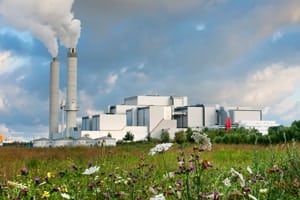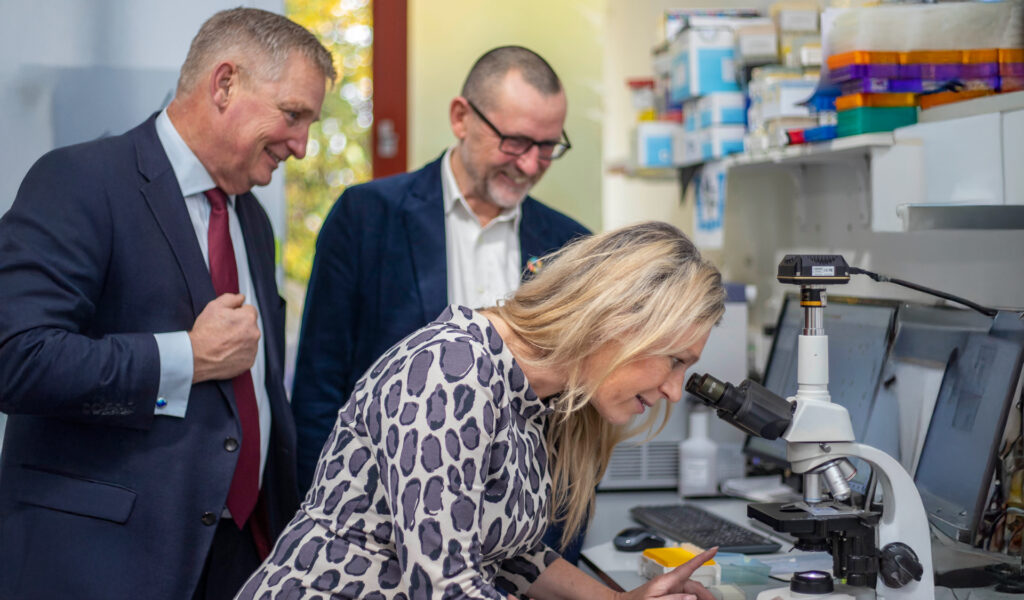The research was conducted on behalf of the Dutch firm by research consultancy CE Delft, and highlighted in AEBs 2012 sustainability report.

But, according to the firm, exporting RDF to the Netherlands from the UK is still favourable to burying in landfill domestically.
The research states: It appears that incineration scores better on environmental effects than dumping. Only when waste is transported more than 1,700 kilometres by boat and more than 680 kilometres by lorry does incineration have a net environmental effect of zero. But even then, incineration in the Netherlands is still better than dumping in Great Britain.
The advantage only disappears when the sailing distance is above 2,300 kilometres and the driving distance above 1,265 kilometres.
The Amsterdam-based firm operates two waste disposal plants a waste to energy plant and a waste fired power plant with a combined capacity of 850,000 tonnes.
AEB processes waste from Amsterdam and 19 surrounding municipalities and companies as well as from the UK and Germany. SITA UK was last year granted permission to export 600,000 tonnes of RDF which is treated at AEBs plant the largest ever permit issued for the export of RDF (see letsrecycle.com story).
The firm generates enough energy to power 285,000 households 75% of households in Amsterdam. In addition, the heat generated by the incineration of waste provides 12,000 households with heating and hot water. The firm also undertakes the collection and recycling of bulky waste and hazardous waste as well as the renewable energy production.
Controversy
The practice of exporting of RDF has been a controversial topic within the waste industry with strong arguments posed for and against. Supporters of RDF exports argue that as the UK does not have sufficient capacity to treat all of the residual waste it produces it can be preferable to export the material and avoid landfilling it. However, some have argued that encouraging this practice could hinder the development of capacity in the UK.
Related Links
In July, one of Germanys largest waste management companies Remondis issued a strong warning against building more energy from waste plants in the UK (see letsrecycle.com story) instead claiming that the benefits of doing so would encourage recycling in the UK. However this was met with opposition from some UK firms who claimed the German company was merely seeking material for its own plants.
A debate at last weeks (September 11) RWM exhibition in Birmingham highlighted the divide in the industry (see letsrecycle.com story). The panel argued that RDF export was an economic reality.







Subscribe for free